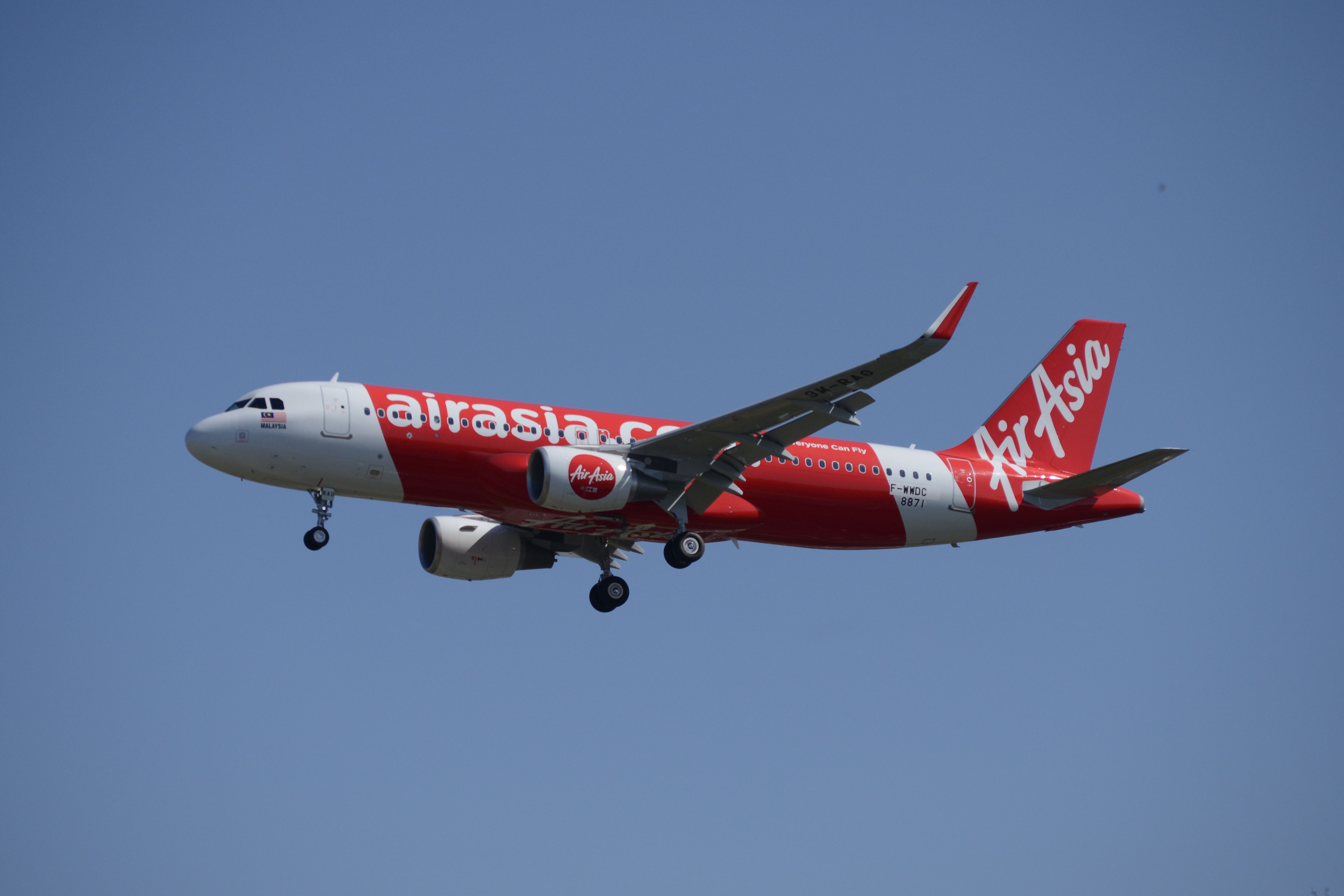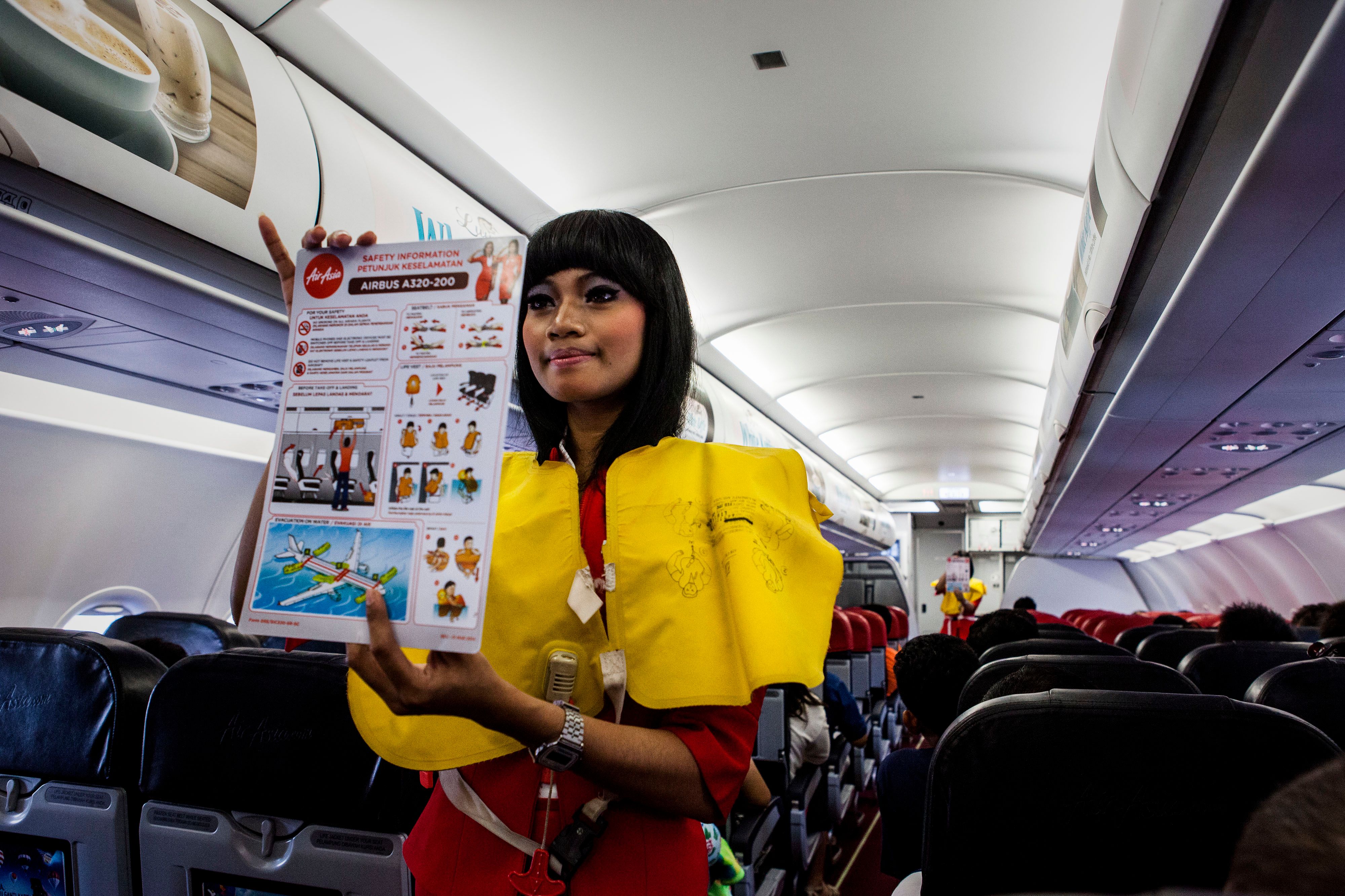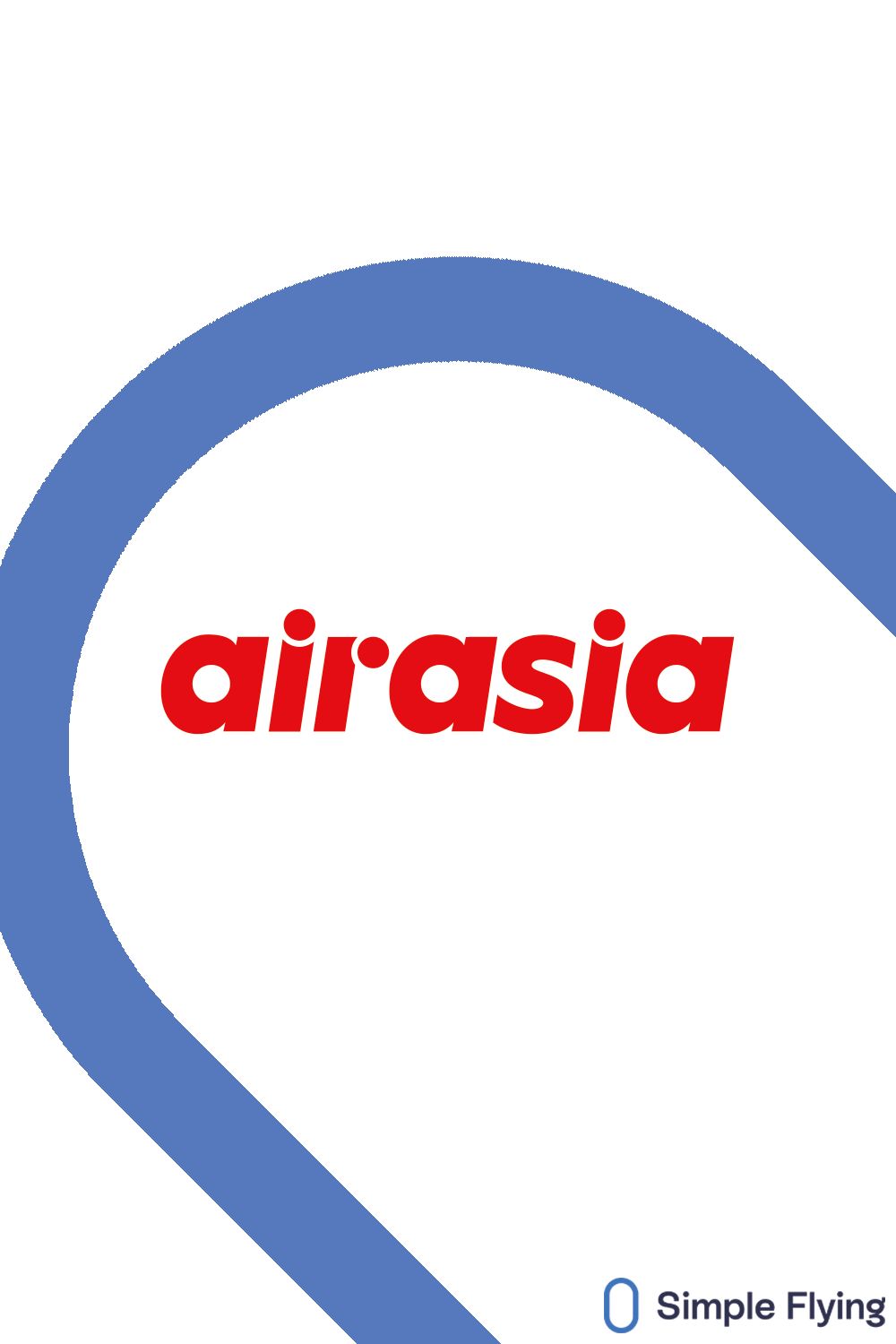Every year before the pandemic, low-cost carrier AirAsia was discarding up to 5,000 uniforms, 200 seat belts, and 100 life vests, all amounting to approximately 3,800 kg (8,380 pounds) of fabric wasted in landfills. However, the budget carrier wanted to change things in a greener direction, which allowed the Soggy No-More lifestyle collection to be born.
Too much waste, too little space
The lifespan of most internal aircraft safety equipment is usually a decade, after which AirAsia would either reuse, recycle, or return the equipment back to the manufacturer. However, items such as life vests have been harder to return or reuse due to passengers having tampered with the packaging. The tampering would have led to life vests being deployed, which would have to be replaced for safety reasons.
Admittedly, it is cheaper and much faster to buy new life vests for replacements rather than send the faulty ones back to the manufacturers for retesting. And since airlines work round-the-clock with so many passengers daily, safety becomes an immediate concern that cannot wait, so it explains how so many life vests ended up being 'thrown away.'
However, life vests and old uniforms are non-biodegradable. AirAsia typically stores them in a big warehouse in Selangor, Malaysia, as part of the airline's internal efforts to manage waste. Still, the warehouse does have limited space, as emphasized by the Executive Director of the AirAsia Foundation - the philanthropic arm of the budget carrier, Yap Mun Ching:
"There are thousands of items in the warehouse. The airline doesn’t throw anything away, so they sit there. But we are running out of space at the warehouse. And we can't use any other materials for the life vests because these are industry standard regulations, so they will sit in the warehouse or the landfill for the next 200 years, at least."
Want to know more about sustainability in aviation?
Upcycling for the environment, giving back to the community
And so, in 2018, the Soggy No-More collection was launched as an upcycling initiative to give unusable life vests and old uniforms a brand-new lease of life in the form of fashion and lifestyle accessories. The initiative was also launched in collaboration with Nazanin, a social enterprise of Afghan refugees in Kuala Lumpur, as the foundation had no plans to enlist the use of a factory.
Instead, the AirAsia Foundation enlisted the help of Qasem - an Afghan refugee who, along with two helpers, produced the accessories as part of his livelihood. Yap highlighted the significance of the initiative to provide livelihood opportunities to those in need by commenting:
"If I go to a factory, the products could be produced in a week. Qasem needs at least two months to produce about 2,000 items. But it wouldn’t be the same if the products were produced in a factory, and we need to keep the story of empowering people who need the income."
Yap added that with Qasem's handiwork and the aesthetically functional designs incorporated into the Soggy No-More collection, the upcycled products wouldn't be seen as a charity sale but more as something consumers genuinely want to buy.
Sustainability, but make it fashion
Over the last four years, the Soggy No-More collection has introduced several fashionable and functional items, such as coin purses, cutlery cases, bicycle handlebar bags, and sling bags. Initially, the collection was only available at occasional pop-up stores in Malaysia and onboard certain AirAsia flights.
But given how the buzz has always been positive, the AirAsia Foundation eventually shifted the Soggy No-More collection onto its social enterprise online retail platform, Destination Good. Consumers could regularly check new collection updates or shop for existing products through the platform.
And this year, the Soggy No-More collection is making another comeback with more new items, but with an exciting twist as it is the AirAsia Foundation's 10th anniversary. In celebration of the milestone, the collection has several new limited-edition designs that show the products in orange instead of standard yellow.
Bottom line
While upcycling initiatives by airlines aren't exactly a brand-new concept, with several carriers doing it in the past and still doing so, such sustainable initiatives are welcomed by consumers as waste is reduced and airlines paint themselves as a more eco-conscious brand. For AirAsia and its Soggy No-More collection, the low-cost carrier affirms that future products are constantly developing, such as rainproof hats, shoe covers, baby bibs, scrunchies, and even footballs.
And besides Soggy No-More, AirAsia also had the seat belts upcycled into environmentally-friendly chew toys for dogs under its Tuff Tag collection in collaboration with Animal Projects & Environmental Education, which eventually sold out in 2020. Defective blankets were also transformed into a 12-piece fashion collection in partnership with design house Projek Jahat, which sold out almost instantly after it was previewed at KL Fashion Week in 2019.
The thought of what new collections AirAsia could come up with is exciting since the ideas are endless, so consumers best keep a regular eye out to see what the budget carrier cooks up next.
Get the latest aviation news straight to your inbox: Sign up for our newsletters today!



